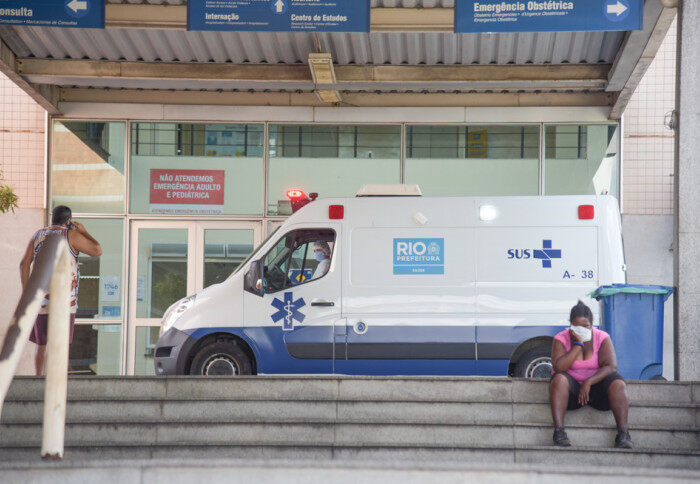Researchers believe reinfection with SARS-CoV-2 may be more common than previously thought, after an analysis of people contracting COVID-19 twice.


The findings come from an analysis of 33 cases of recurrent COVID-19 in Brazil, who were primarily female healthcare workers. Recurrence was often more severe compared to initial infection with the SARS-CoV-2 virus and resulted in one death.
The analysis, led by the University of Sergipe in Brazil and Imperial College London, demonstrates that naturally-acquired immunity to SARS-CoV-2 does not necessarily guarantee protection against contracting COVID-19 again.
According to the researchers, their case series – published recently in the Journal of Infection and believed to be the largest studied to date – indicates that reinfection could be more common than previously estimated, and potentially as high as 7% in some groups.
The authors caution against complacency around assumed levels of protection from naturally-acquired immunity and highlight the need for continued immune monitoring of the population, specifically among those most likely to come into contact with the virus.
Professor Danny Altmann, from the Department of Immunology and Inflammation at Imperial College London, said: “From this case series we show a small, but significant proportion of healthcare workers had PCR-confirmed COVID-19 infection on two separate occasions, and that the recurrence of infection tended to be more severe, with one fatality.
“We believe this is the largest case series to date, and provides some evidence to suggest that people who produce a weak antibody response against SARS-CoV-2, may be more likely to be infected again by the virus in future.
“Our findings could be important when considering herd immunity thresholds and levels of naturally-acquired protection against the virus. It would also suggest we need continued sampling and immune monitoring among at risk groups, such as frontline healthcare workers.”
Cases of reinfections
Monitoring cases reported through the Health Centre of the Federal University of Sergipe in Brazil, the authors identified 33 cases who reported a second PCR-confirmed SARS-CoV-2 infection, after a period without disease following the first infection. Among those with recurrent infection, the majority were healthcare workers (30), female (27), and had an average period without disease between first and second infections of 51 days.
There were also some evidence of underlying biological links, with 42% (14) of recurrent cases having A+ blood type. Also, analysis of SARS-CoV-2 antibodies in more than half of the 33 cases (17) showed a lower antibody response after the first infection compared to control group (31 of 62 cases). Severity of the second COVID-19 episode was associated with pre-existing health conditions including obesity, hypertension, diabetes, and asthma.
The researchers highlight a number of limitations in their analysis, with a negative PCR test between first and second infections only available for two of the 33 cases. Genomic sequences from swabs were acquired from only one case, but showed differing viral sequences between first and second infections.
‘Recurrent’ infection
Professor Altmann explained: “We have been careful to call these cases ‘recurrent’, rather than ‘reinfection’, as we cannot fully rule out reservoir of virus persisting. However, we know these people had an initial confirmed COVID-19 infection, recovered and returned to work for a period, before having a second confirmed COVID-19 infection, and that at least two of the cases had a negative PCR result in the interim.
“We have seen throughout the COVID-19 pandemic just how difficult it can be logistically to acquire diagnostics like PCR tests and genomic sequencing, or to archive swabs for future analysis, during the peak demand of an outbreak. It’s impossible to be absolutely certain that none of these were healthcare workers who recovered, returned to work, and then suffered some form of severe recurrence, but surely, that’s no less unsettling.
“But we remain confident that this case series highlights a significant finding – that reinfection may not be as uncommon as previously thought. This should be taken into account when making any assumption of population levels of protection against SARS-CoV-2 from naturally-acquired infection.”


































